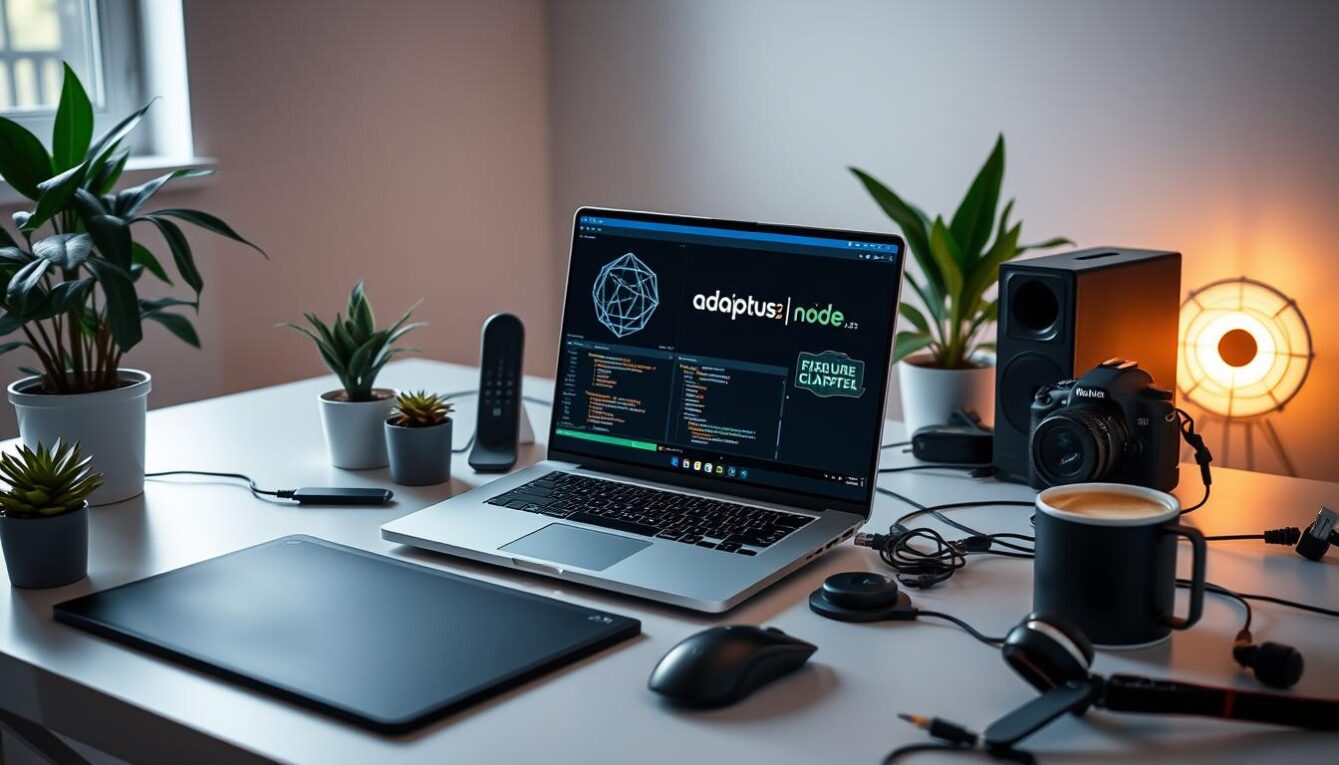As the Internet of Things (IoT) continues to revolutionize the world we live in, it’s essential to ensure that the software and hardware driving these innovations are in sync. In this world of connected devices, DevOps has created new opportunities for developers, operations engineers, and quality assurance teams to collaborate and deliver products faster. However, integrating DevOps into the IoT ecosystem can be challenging. Still, with the right approach, businesses can overcome these hurdles and leverage the benefits of DevOps for IoT.
DevOps and IoT: A match made in heaven!
DevOps practices foster a collaborative culture that emphasizes communication and automation across development, operations, and quality assurance teams. In the IoT world, where there are countless sensors and devices transferring data, DevOps can be a game-changer. By automating tasks like testing, deployment, and monitoring, DevOps can help companies deliver products faster while ensuring quality and reliability. Furthermore, DevOps can enable continuous integration and continuous delivery (CI/CD), reducing the time it takes to get new features to market.
DevOps also benefits IoT by improving security. As the number of connected devices increases, the risk of cyberattacks also increases. DevOps teams can incorporate security into the development lifecycle, ensuring that security vulnerabilities are addressed from the beginning. By integrating security into DevOps processes, companies can create a secure and reliable IoT ecosystem that users can trust.
Overcoming challenges in integrating DevOps with IoT!
Integrating DevOps with IoT presents some unique challenges. For instance, IoT devices have strict power and resource constraints, which can limit their ability to support the DevOps toolchain. Additionally, IoT devices often operate in remote and challenging environments, making it difficult to install updates and patches. Furthermore, IoT devices require custom testing and deployment strategies due to their unique hardware and firmware configurations.
To overcome these challenges, businesses need to adopt scalable and flexible DevOps practices that consider IoT device constraints. For example, lightweight test frameworks and containerization can help to reduce the footprint of DevOps tools on IoT devices. Additionally, adopting a microservices architecture can help to improve the scalability and manageability of IoT applications. Finally, DevOps teams should prioritize automation and monitoring, enabling rapid feedback and response to issues.
DevOps in the world of IoT is an exciting opportunity for businesses to deliver innovative products faster while improving security and reliability. By overcoming the unique challenges presented by IoT, companies can leverage the benefits of DevOps to create a secure and reliable IoT ecosystem that meets the needs of their users. As IoT continues to grow and evolve, DevOps will play a critical role in enabling companies to stay ahead of the curve and deliver value to their customers.










